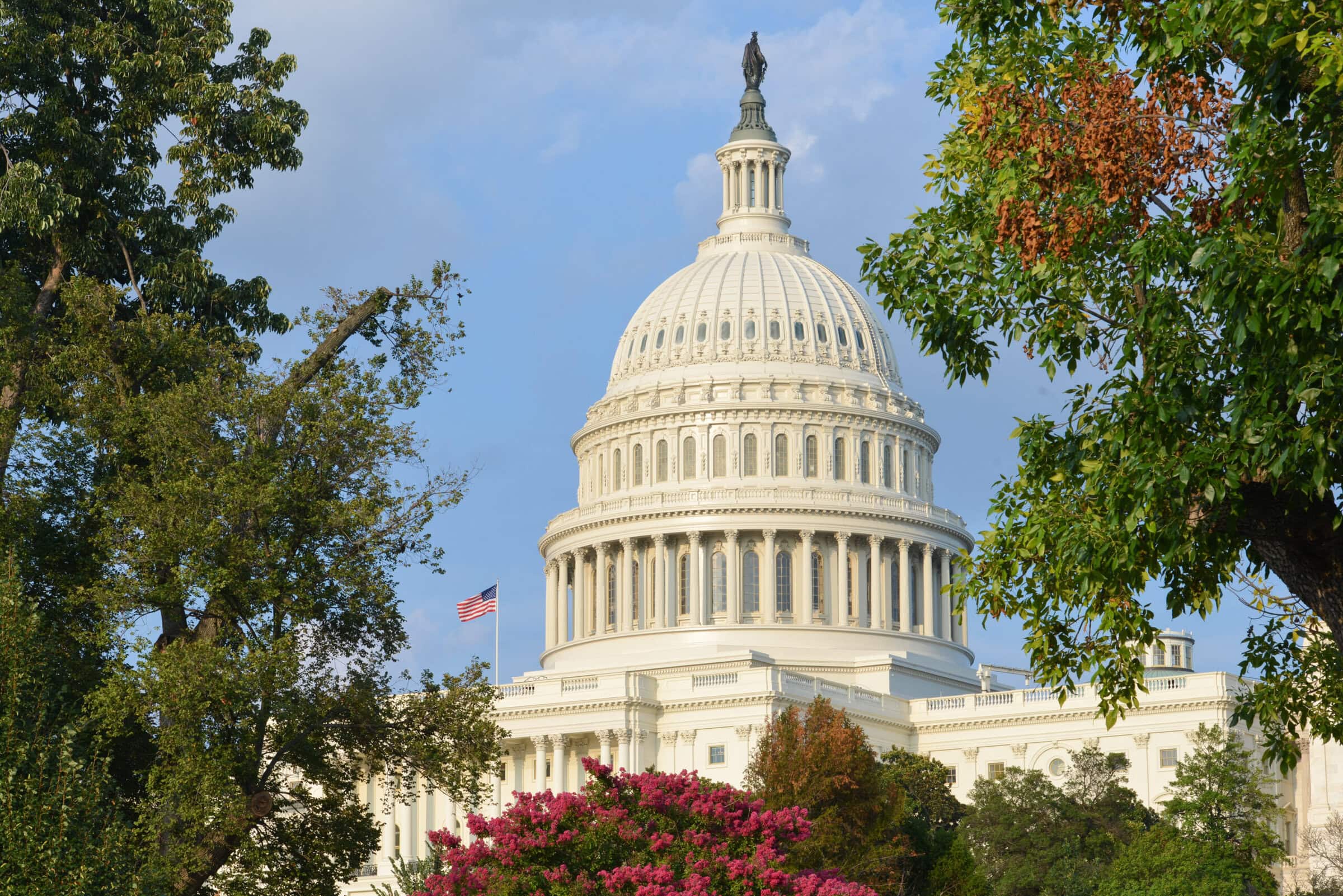ASNC is asking members to contact their congressional representatives this week about two important pieces of legislation with potential to enact prior authorization reforms. Your communications with Congress will amplify advocacy efforts ASNC has underway.
On Tuesday, June 3, ASNC will host a congressional briefing to shine a bright light on payer prior authorization practices that add to administrative burdens on practices, contribute to physician burnout, and delay patient access to medically necessary care.
Ask Your Members of Congress to Support the ‘Seniors Act’ and H.R. 2433
The Improving Seniors’ Timely Access to Care Act (S. 1816 | H.R. 3514; also known as the Seniors’ Act) is flagship legislation for prior authorization reform. The legislation was reintroduced in Congress on May 20 with strong, bipartisan support from 47 senators, 73 representatives, and a large coalition of national and state provider and patient organizations, including ASNC.
The legislation would codify and enhance elements of a Centers for Medicare & Medicaid Services (CMS) rule finalized in 2024. Notably, the Seniors’ Act, which applies to Medicare Advantage (MA) plans, would increase transparency around MA prior authorization requirements and their use. Under current regulations, plans must report contract-level metrics such as the percentage of standard prior authorization requests that were approved and denied; however, those metrics are currently aggregated across all items and services. The Seniors’ Act would require more granular reporting by categories of items/services, resulting in greater transparency and more meaningful information to CMS, providers, and patients.
ASNC is also supporting the Reducing Medically Unnecessary Delays in Care Act of 2025 (H.R. 2433), prior authorization legislation introduced by Reps. Mark Green (R-TN), Kim Schrier (D-WA), and Greg Murphy (R-NC). This bill builds on current regulations by requiring all preauthorizations and adverse determinations to be made by a licensed, board-certified physician who “typically manages the medical condition or disease or provides the health care service.”
In a letter endorsing H.R. 2433, ASNC President Panithaya Chareonthaitawee, MD, wrote, “Without enactment of prior authorization reforms, such as those contained in H.R. 2433, patients will remain vulnerable to care delays and inappropriate coverage denials.”
H.R. 2433 also aims to ensure that decisions about the medical necessity or appropriateness of healthcare services are being made based on sound clinical evidence with input from actively practicing physicians.
How to Contact Congress: The easiest, most efficient way for you to connect with members of Congress is through ASNC’s Action Center. You will find a template message to send as-is or personalize as you prefer. The priority is that Congress knows prior authorization reform is important for your practice and your patients. Contact Congress.
ASNC on Capitol Hill: If you will be in the Washington, DC, area on June 3, consider attending ASNC’s congressional briefing, Care Denied: How Prior Authorization Is Harming Patient Care and Contributing to Physician Burnout.
The event will feature ASNC leaders, an award-winning investigative journalist, counsel for the U.S. Senate Subcommittee on Investigations, and a Medicare policy analyst.
The briefing will be held from 12:00 to 1:15 PM (Eastern Time) and is open to the public.
Article Type
News & Announcements
Category
Advocacy, Prior authorization
Related Posts
Immediate Impact! ASNC Statement Driving Cardiac PET Adoption Across the United States
“ASNC’s Clinical Indications for PET statement got the attention of our hospital…
This Legislation Would Halt Pay Cut Now Impacting Most Physician Services
“The 2.5% reduction to work RVUs – the so-called ‘efficiency adjustment’ –…
Manufacturer Shares Update on HMDP Supply
ASNC is staying in touch with radiopharmaceuticals manufacturers that were expecting shortages…



